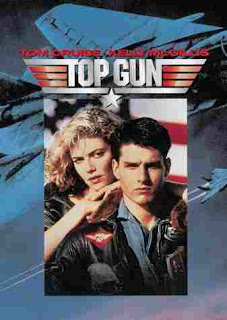 Lars and the Real Girl is just one more example of how to make a movie...NOT! It features Ryan Gosling as Lars Lindstrom in a largely forgettable performance.
Lars and the Real Girl is just one more example of how to make a movie...NOT! It features Ryan Gosling as Lars Lindstrom in a largely forgettable performance.The plot skirts the border of the ridiculous, and falls off into stupid at several points. Lars is a cubicle worker, good natured guy, who lives in his brother's garage despite owning half the house. He's kind of lonely, so despite several interested woman, he decides to order a full size, made to order sex doll from the internet. The funny thing is that he then mentally constructs her into a real live woman, and brings her into his daily routine, taking her to the doctor, family dinners and company parties, as his friends, family and coworkers look on a la "The Emperor's New Clothes." This all progresses until it just stops without any real explanation, and he goes out with a coworker.
Lars and the Real Girl just fails to make the sense it could have, and plunges along aimlessly for too long of this painful to watch film. As I was watching it, to pass the boredom, I was trying to remake it. It probably could have worked better as some type of romantic comedy as Margo, the coworker is competing with the life sized doll for his attention. It definitely could have been improved if we made it into a more serious drama as Lars is working through some unresolved relationship issues, guided by the doctor. This gets very cursorily insinuated, but never synthesized into anything, or even confirmed and brought together like it could have.
 What we are left with is a drama that's not serious enough, with the ridiculous elements of a comedy that don't make one laugh, or even raise a smile. You understand my reasons why Lars and the Real Girl simply doesn't make for a film worth watching.
What we are left with is a drama that's not serious enough, with the ridiculous elements of a comedy that don't make one laugh, or even raise a smile. You understand my reasons why Lars and the Real Girl simply doesn't make for a film worth watching.Overall Grade: D
Reviewed by Jonas


.jpg)


























.jpg)











